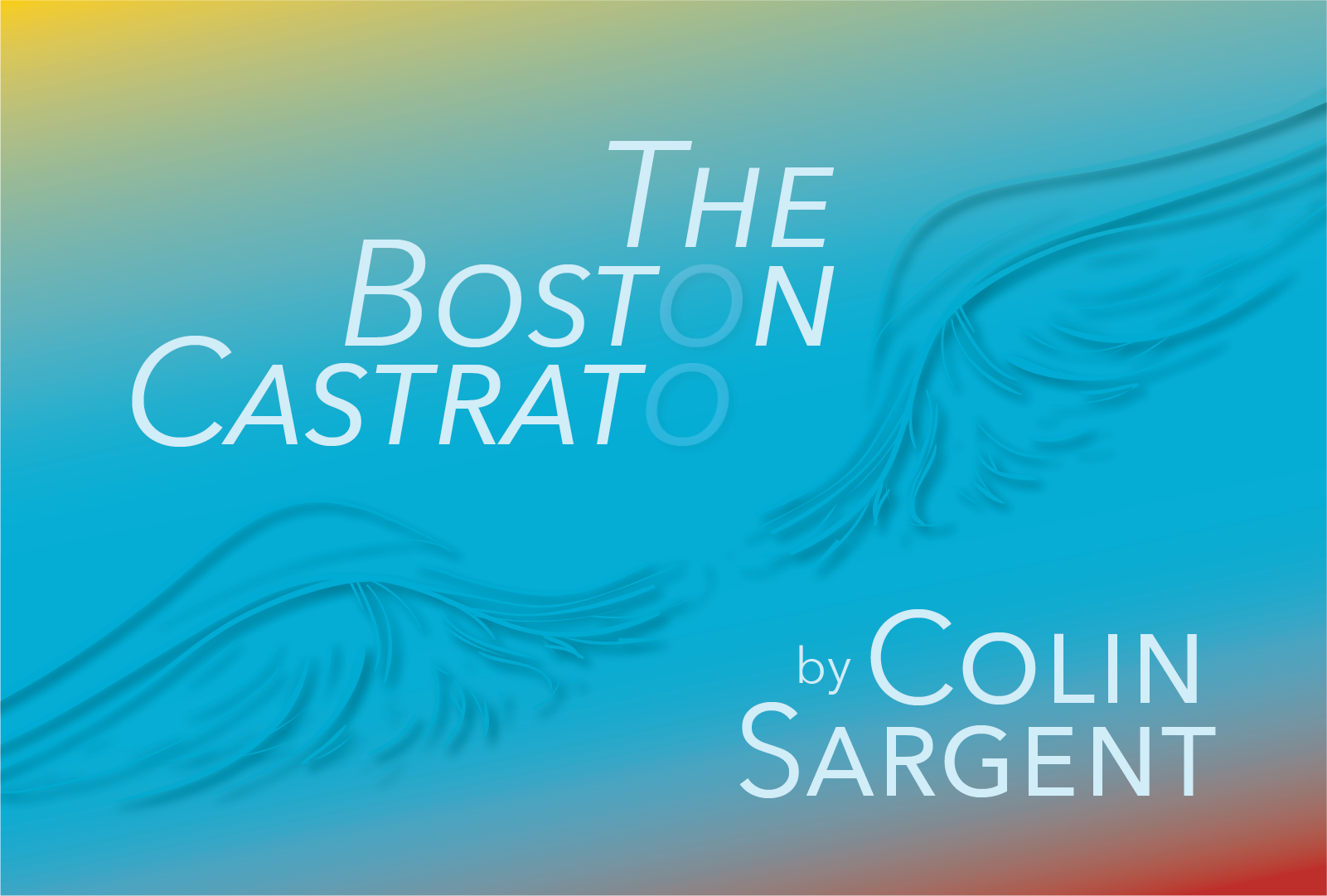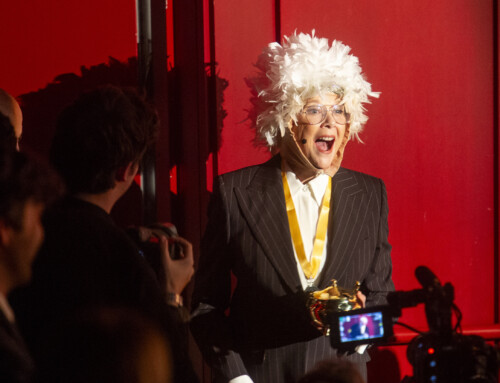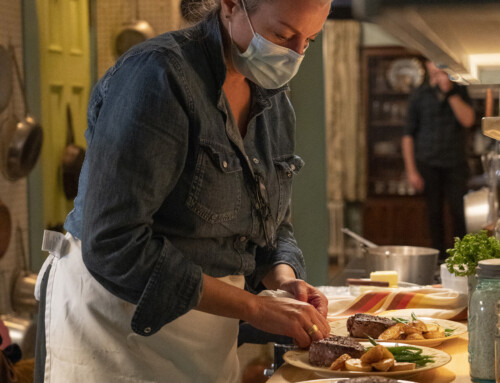Colin Sargent’s Novel Makes U.S. Debut in Style
Within two months of its U.S. release, Colin W. Sargent’s latest novel, “The Boston Castrato” (Barbican Press, London), was selected as the first Runner-up in the General Fiction category of the New England Book Festival. (A private ceremony will be held later this month honoring the winners.)
In a recent interview, Colin Sargent sat down with writer Nina Livingstone at Boston’s famous Omni Parker House to discuss his award-winning novel. The selection of the Parker House was not a coincidence, however, as it is there that Sargent places his main character, Rafaele Pèsca, using Boston’s blend of history and rich literary linage as the book’s backdrop.
In his novel, Sargent escorts readers on a journey accompanied by “an angel-voiced orphan” named Rafaele “Raffi” Pèsca, whose life begins in Naples. It is there that Rafaele is taken under the wing of Father Diletti, a renegade priest, who has the 6-year-old boy castrated to protect his one and only grace. Because the barbaric practice has been recently banned by the church, a cover-up ensues and Rafaele is forbidden ever to sing again, at all, for any reason — his voice, “having been disfigured by the devil, is now an abomination against God.”
In explaining Raffi’s decision to allow the castration, Sargent says, it is his “desire” that turned the tables. “Because he wants to be a famous singer, [Raffi] lets Father Diletti go forward, long after castration has been banned.” It is this that separates Raffi from being a victim.
“I knew that I couldn’t make Father Diletti completely evil because it is even more terrifying to me that he thought he was doing the right thing,” says Sargent.
As punishment, it is Raffi Pesca who is exiled to America, later making his way to Boston, where he joins the wait staff at the Parker House Hotel. Despite the city’s xenophobic reputation, Raffi is led into the literary circles by Victor, the Parker House’s blind maître d’. Here he finds himself in the company of poet Amy Lowell and her lover Ada Russell, later expanding his world to include Boston Brahmins, mobsters, murderers, immigrants, and the working underclass.
“If I could change my writing life, I wouldn’t spend the first 20 years writing about a 6-foot white man as a main character,” said Sargent. “But I had to give something up to write about a person who had been castrated. It’s a limiting thing where some people will be completely put off . . . .”
“But it’s really a fable about what we’re all missing,” explains Sargent.
In somewhat stark contrast, Sargent says that “The Boston Castrato” began with Jane Austen.
“My inspiration for this book is ‘Mansfield Park,’” he says, explaining that Austen’s main character, Fanny, is sent to live in the household of wealthy relatives to relieve her overburdened family. Because of Fanny’s financial situation, “she doesn’t want to impose, so she adjusts her behavior and dreams and lives in a state of perpetual embarrassment. It isn’t what Fanny has, it’s what she doesn’t have . . . ,” Sargent says.
“Great characters are always in need of something,” he points out.
To fulfill his own life, Sargent has allowed his career to take him in several directions. A relation of John Singer Sargent, who also splashes an appearance in the book, Colin W. Sargent is a poet, playwright, novelist, and founding editor and publisher of Portland Magazine. A graduate of the United States Naval Academy, he has an M.F.A. from Stonecoast and a Ph.D. in creative writing from Lancaster University. He divides his time between the coasts of Maine, Virginia, and, when possible, the rest of the world. Sargent is married to Dr. Nancy Sargent and together they have a son, Colin S. Sargent.
Boston-based writer Nina Livingstone covers a wide range of topics in her work, which includes columns, film, and public speaking. To learn more, visit other pages on her website or contact her at nina@destinationmirth.com. Her most recent article appeared in the Harvard University Gazette.








